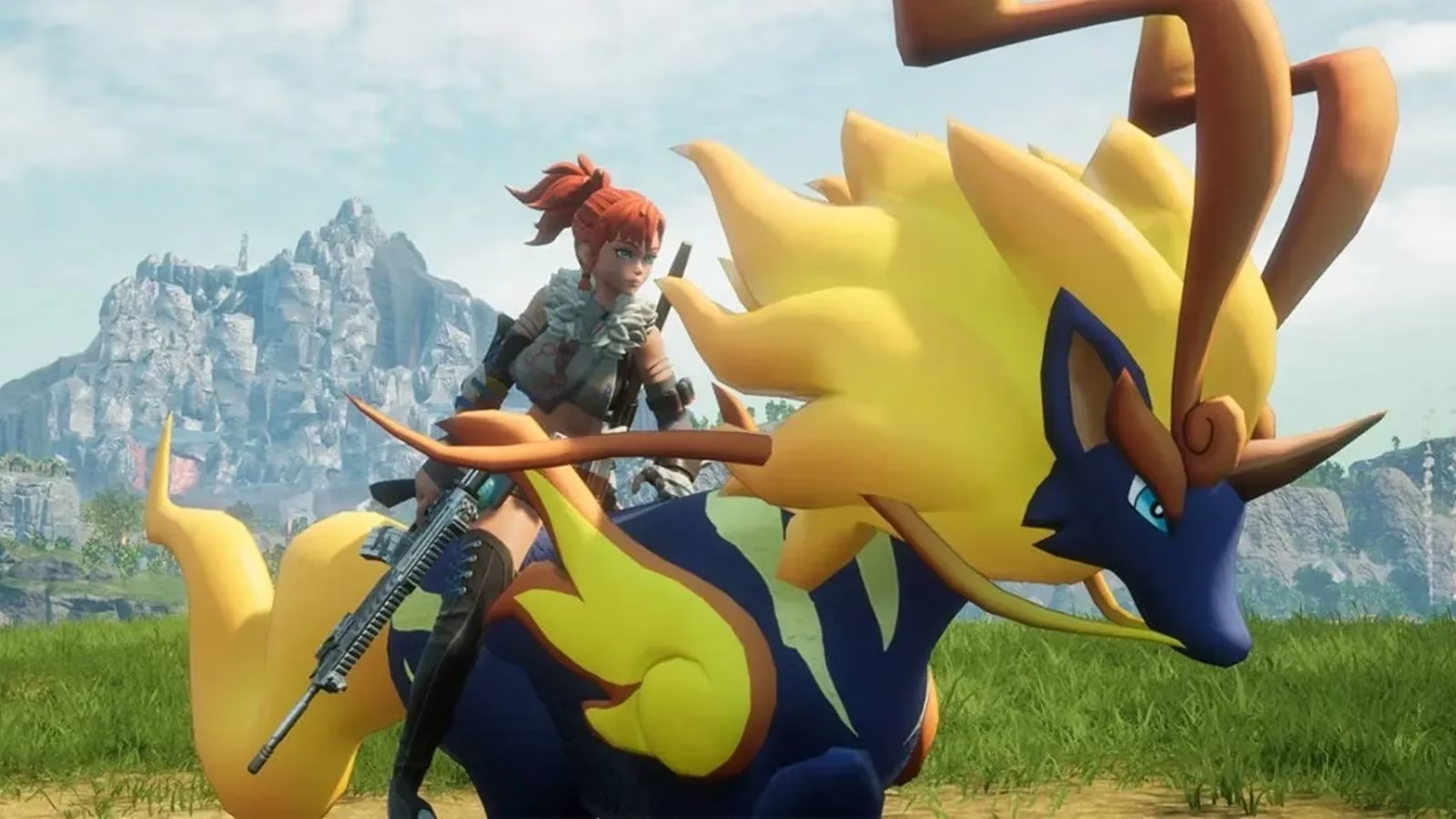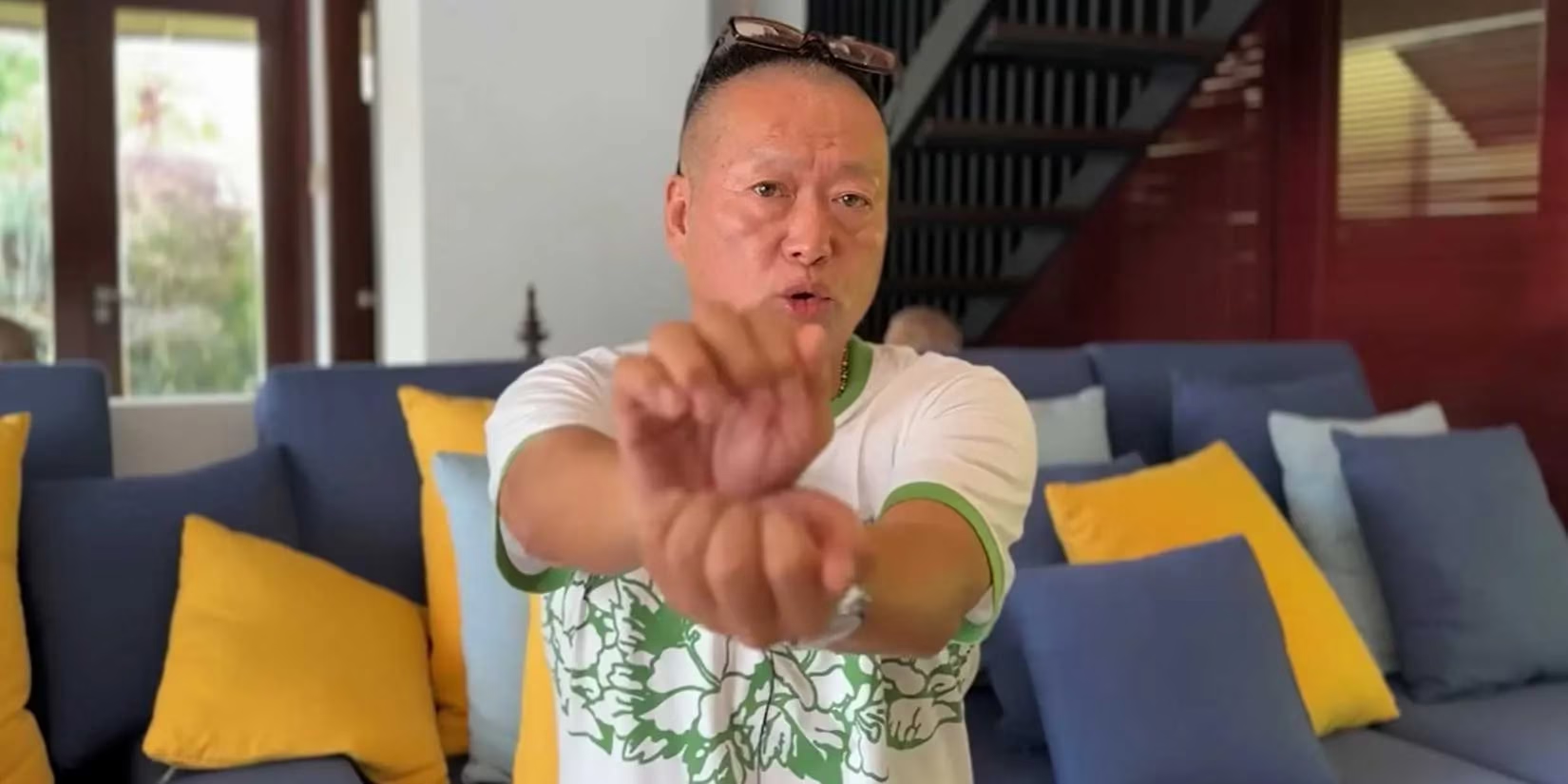Industry Veteran Yoshiki Okamoto Urges Palworld Boycott Amid Nintendo Lawsuit Controversy
As a longtime observer of gaming industry disputes, I find myself at the center of the explosive Palworld controversy that continues to divide players and developers alike. What began as a surprise 2024 hit with its Pokémon-inspired creatures and dark firearm twist has evolved into a full-blown legal battleground, drawing fierce criticism from legendary Japanese developer Yoshiki Okamoto. In a recent viral video that sent shockwaves through the community, the Street Fighter and Resident Evil architect didn't mince words: "Palworld crossed a line that shouldn't be crossed" and urged gamers to boycott the title entirely. His stance comes as Nintendo's patent infringement lawsuit against developer Pocketpair enters its tenth month with no resolution in sight.

Okamoto's credentials lend gravity to his condemnation. With four decades in gaming and 140+ titles to his name - including genre-defining works like Final Fight, Resident Evil 2, and Zelda spin-offs - his recent declaration that supporting Palworld means endorsing intellectual property theft carries significant weight. What strikes me as particularly noteworthy is his admission that he's never actually played the game, basing his entire stance on gameplay videos alone. "By playing the game, you are supporting it, so please don't buy it," he asserted during the broadcast, framing the lawsuit not just as a legal matter but as an ethical imperative for the industry's future.
The player backlash to Okamoto's position revealed deep fractures in our community. Many countered that iconic franchises he helped build - including Street Fighter's borrowing from martial arts films and Resident Evil's clear horror movie inspirations - themselves walked similar creative tightropes. Others questioned the validity of condemning a game without firsthand experience, creating heated Reddit threads comparing this situation to review bombing. This controversy arrives at a critical juncture in the Nintendo lawsuit, which commenced September 18, 2024 over "striking similarities" between Palworld's creatures and Pokémon designs. Recent developments show Pocketpair altering the glider mechanics specifically targeted in the litigation, while Nintendo secured a new patent for character summoning systems.
🔥 People Also Ask
- What specific features prompted the lawsuit?
Nintendo's complaint highlighted creature designs, capture mechanics, and interface elements mirroring Pokémon's patented systems. The glider functionality recently modified was explicitly named.
- Has any court ruled on infringement yet?
As of mid-2025, no rulings have been issued. Both parties continue legal maneuvers while Palworld remains on sale.
- Why does Okamoto consider this different from standard industry inspiration?
He fears a Pocketpair victory would normalize patent violations, telling me in essence: "I don't want the world to become a place where this kind of thing is acceptable."

From my perspective covering gaming for decades, this conflict epitomizes the tension between derivative innovation and intellectual property protection. Pocketpair's overnight success (selling 15 million copies in its first month) demonstrates player appetite for fresh takes on established formulas. Yet Okamoto's vehement opposition reflects legitimate concerns about where "inspiration" ends and appropriation begins. With legal fees mounting and design changes already altering gameplay, Palworld's evolution seems inextricably tied to courtroom outcomes. As I analyze the passionate arguments on both sides, a fundamental question emerges: When creative industries thrive on building upon existing ideas, who ultimately gets to decide where the ethical line rests - corporations holding patents, veteran developers, or the players voting with their wallets?

Leave a Comment
0 Comments